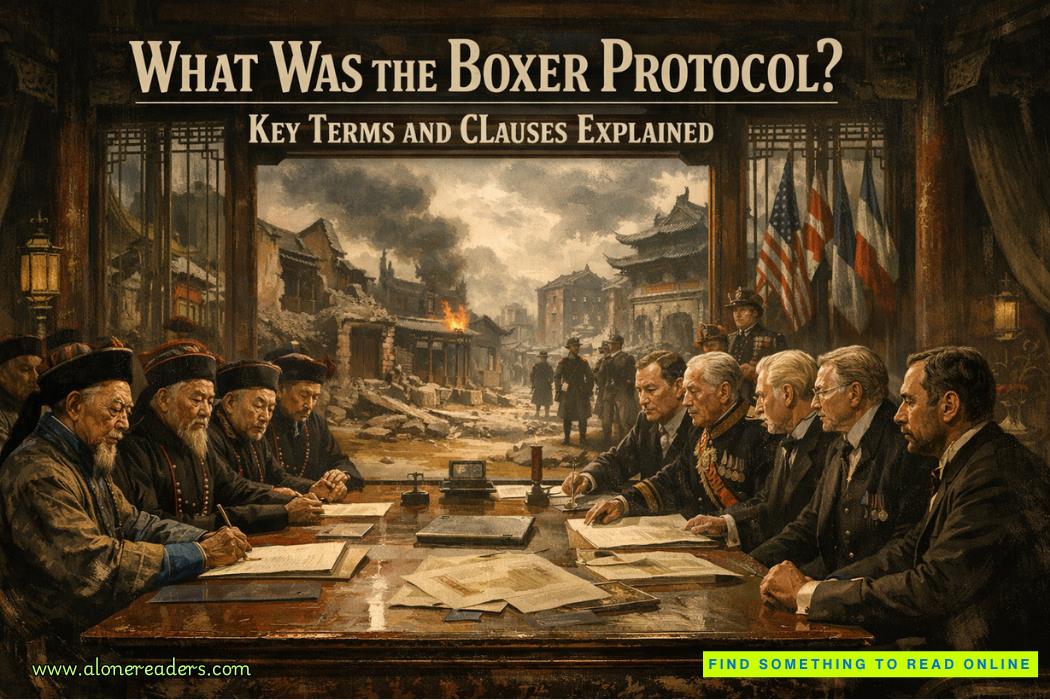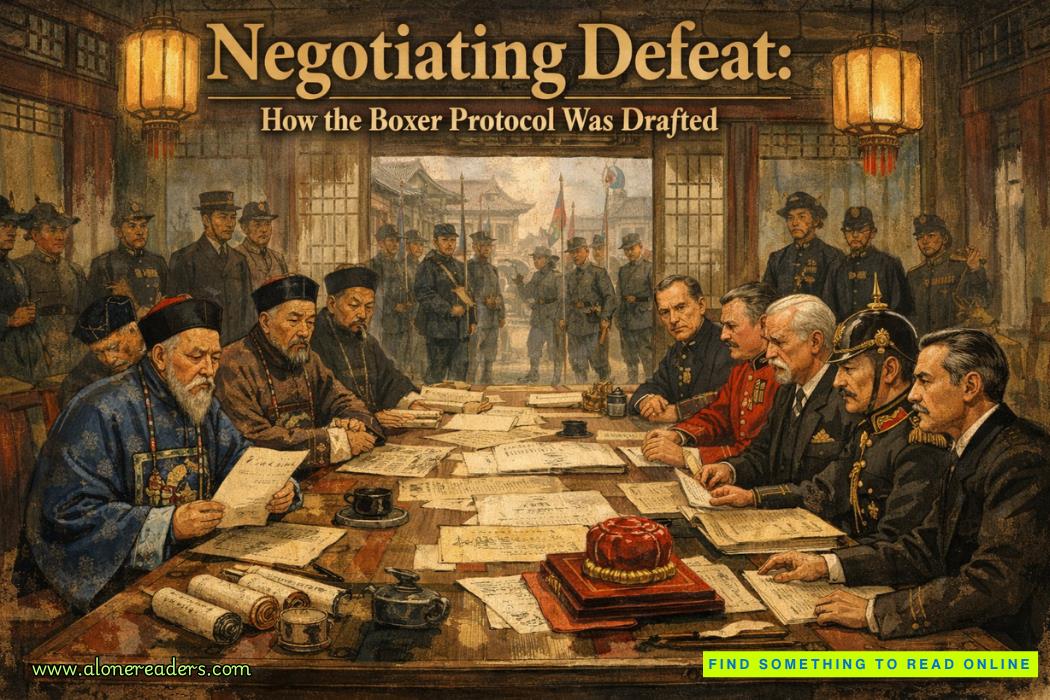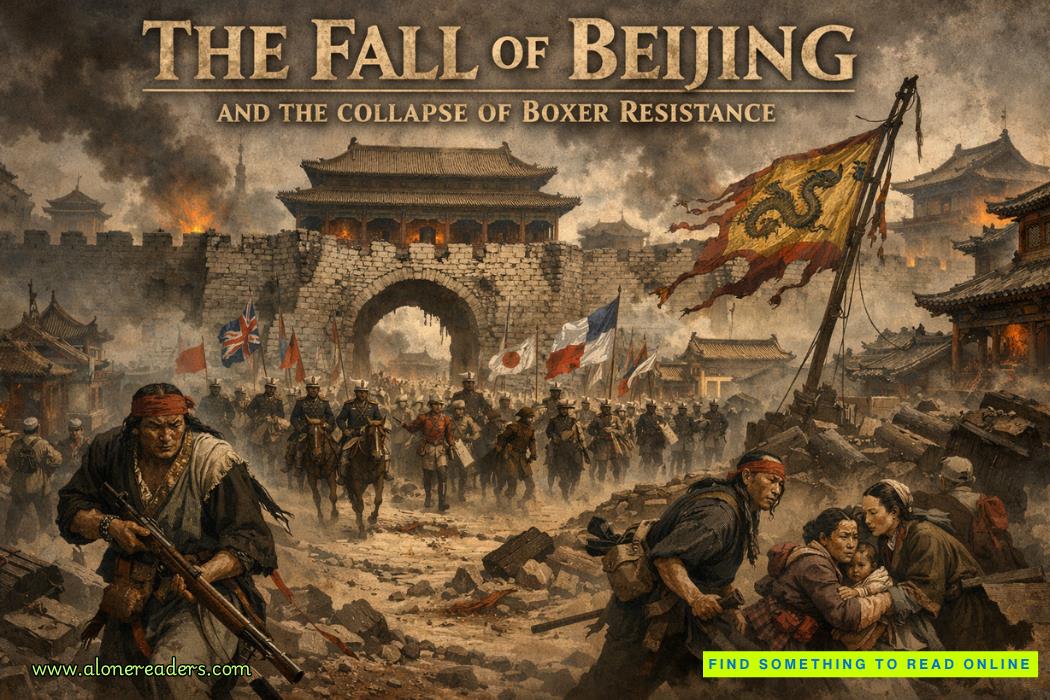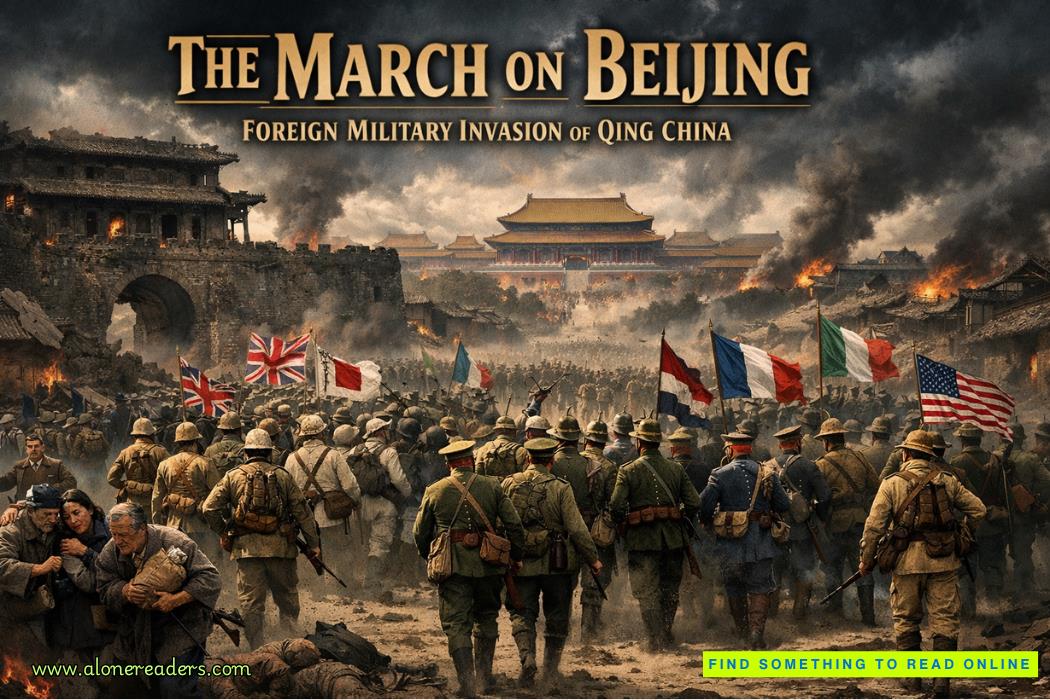“Hold up,” she interrupts. “You bussed tables?”
“We all have to start somewhere, Rachel Perry,” I mumble. “Do you think I just magically became an author?”
“Well, no, but…” she stutters.
“Now, what was that about interrupting? Are you going to let me tell my story?”
Her half smile stretches out into a full one. “Fine, fine. Her name was Delilah, and you met bussing tables.”
I nod. “Yes, bussing tables. It was friendship at first. Small talk that turned into some kind of flirty bantering. She was dating someone else, so we kept it casual and at work until she started inviting me to hang out on Friday nights with her friends, including her boyfriend, Mark.”
Those days were forever ago. In fact, they feel like they belong to someone else, in a different life than mine. I once had friends. Many of them. All because of Delilah. She invited me in. But I don’t have those friends anymore, because, quite simply, I don’t have Delilah.
“Dating Mark while flirting with you? I already smell trouble,” she says.
“You’re interrupting again.” I scold with a smile.
She’s looking at me with her wide eyes, her elbows pulled up on the metal table. She’s not trying to rush me, but I can tell she’s anxious to hear what happens next. She wants to know this piece of my story, to put it in place in what she knows about me.
“She and Mark started fighting a lot. Knowing what I know now…I don’t think it was Mark fighting her. I think it was Delilah fighting Mark. She was ready to move on. The thing about Delilah is she was kind of like the pulse of the people around her. People didn’t choose her; she chose them. If someone suddenly didn’t fit in, she was okay with letting them go and finding replacements. I admired her for her ability to weed the garden, so to speak, but I sometimes thought she’d pluck a wilting flower simply because she didn’t want to take the time to fix the soil,” I say, realizing Rachel is the kind of woman that would tend the soil to give the flower its best chance. “But I was young and naïve, and well…the soil was fine for a long time for Delilah and me, but once we’d depleted all the good, we were only left with resentment and rot.”
Rachel doesn’t say anything right away. She leans back slightly, processing, giving space to my words so she can sort through them.
Her brow furrows just slightly. “So, how’d you end up almost marrying her?” she asks softly.
I shrug. “I don’t think I wanted to admit we had a problem. But there’s more.”
She picks up her bottle of Coke and starts sipping, watching me and waiting.
“Delilah is the one that saw the potential in my writing. In me,” I say. “I worked hard, but it was all for survival. I didn’t know how to dream bigger or know that I could even ask for something bigger. She pushed me and helped me create a life that I never thought was possible for a guy like me. Someone that came from nothing. That was nothing.”
And I realize I’m revealing more than Rachel might be ready for, but when I look up to find her watching me, her eyes aren’t reflecting my darkness. Her eyes are bright like sunshine, and I feel like uprooting it all and letting her help fix my soil…fix my heart. Because if anyone can, I’m confident it’s her.
So, I keep going. “Without her, there would be no Barrett and no books. Barrett was someone that I created just for me a long time ago, to make sense of the world, notforthe world.”
“That’s pretty huge,” Rachel exhales.
I nod. “It is, but then something changed in Delilah. She started picking fights. Writing consumed me when the success happened so quickly. A two-book deal turned into, well, what I have now. I was completely exhausted but also elated, and I thought Delilah was, too. I’ve thought about it a lot, wondering what went wrong between us. Growing up, I had to control everything I could for Lily and me to survive, and suddenly I had so much more I could control. So much more power because of my success. Everything we did was what I wanted to do, what I had time for. Our life began to orbit around my career, and I think I tried to control her, and Delilah…well, instead of trying to fix what we had…”
“She left,” Rachel says softly.
I hate admitting this part to her.
I once tried to control a woman I loved, and while I had a reason for it, I’ve written almost fourteen novels to prove that reasons don’t always justify the crime.
“On our wedding day, unfortunately. Thousands of dollars spent, two hundred carefully selected people sitting in church pews. She came to my dressing room before the ceremony, a look of clarity on her face. She wasn’t angry or panicked. She didn’t even look like she had regrets.She kissed me on the cheek and said, ‘This isn’t what I want. Not anymore.’”
I can still picture the large stone church, the pews lined with white lilacs and white roses. The arch of tulle I stood under, waitingfor her to show, not wanting to believe she was actually gone. That someone else had walked out on me…
“I didn’t want to believe her, so I waited at the altar in front of those two hundred people,” I continue.
“And she didn’t show,” Rachel whispers, her jaw slack, bare lips slightly parted.
I shake my head. “She didn’t. And I didn’t even hear from her after that. She disappeared, and so did everyone else. Because when Delilah let someone go, everyone let that person go.”
“How long were you together?” Rachel asks quietly, spinning her empty Coke bottle in her hands.
“Four years.”















